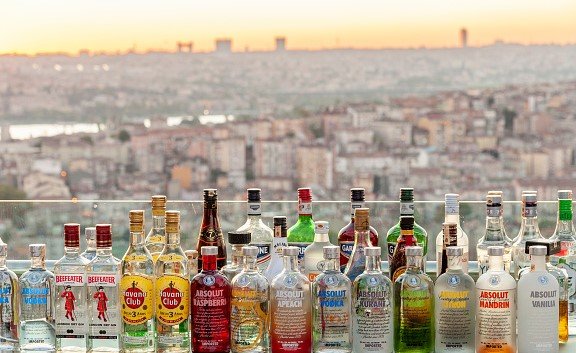Rumors that Saudi Arabia plans to legalize alcohol sales in 2026 have been firmly denied by official sources. While the Kingdom is expanding its tourism sector, strict controls on alcohol remain in place, reflecting a balance between modern ambitions and cultural traditions.
Saudi Arabia’s stance on alcohol sales remains unchanged despite recent media speculation. Official sources confirmed to Arab News that there has been no shift in policy or regulation regarding alcohol availability for the general public. The country continues to prioritize a tourism experience deeply rooted in its culture and heritage, which many international visitors find compelling.
The Kingdom’s focus on preserving its identity appears clear. While the world watches Saudi Arabia’s rapid development and welcoming attitude toward visitors, the cultural norms remain a firm foundation. This means that alcohol, a sensitive subject, remains under tight regulation with no plans for widespread legalization.
A New Approach to Diplomatic Shipments
Interestingly, Saudi Arabia has revised its rules concerning alcohol imports by foreign diplomats. Under the new framework, embassies from non-Muslim countries can no longer freely import alcohol or certain other items in diplomatic shipments. This move aims to prevent unauthorized use and potential abuse, reflecting a broader effort to tighten control without disrupting diplomatic relations.

This regulatory change doesn’t mean a full ban on diplomatic alcohol, though. Controlled access remains possible but only under strict guidelines designed to ensure misuse is minimized. This careful balancing act shows Saudi Arabia’s desire to maintain diplomatic decorum while reinforcing its regulatory principles.
Tourism Numbers Climb Despite Restrictions
Saudi Arabia’s tourism sector is booming, even with stringent rules in place. In 2024, the Kingdom welcomed nearly 30 million international tourists — a solid 8% jump from 27.4 million in 2023. Domestic and international tourists spent over 283 billion SAR (about $75.5 billion), with foreign visitors contributing 168.5 billion SAR. These figures highlight tourism as a vital pillar of the economy, showing that visitor interest is strong despite strict social regulations.
What’s driving this growth? The Kingdom’s Vision 2030 plan is a big part of the story. It aims to diversify the economy beyond oil, boost infrastructure, and offer unique cultural experiences. Tourists come to see historic sites, natural wonders, and new entertainment projects, proving that Saudi Arabia’s rich heritage remains a major draw.
Saudi Arabia’s approach feels like a tightrope walk — balancing tradition with the demands of a globalized world. It’s clear the government wants to open doors to tourists but on its own terms. Alcohol sales might be off the table, but the broader message is one of cautious progress.
How Visitors Feel
For many travelers, Saudi Arabia’s blend of ancient culture and modern hospitality is a refreshing change from more familiar destinations. Some might wonder if easing alcohol restrictions would boost tourism further, but others respect the Kingdom’s efforts to create a distinct atmosphere.
The strict alcohol policies may seem outdated to some, but they also preserve a certain authenticity. Visitors interested in exploring the culture often appreciate this, even if it means adjusting expectations around nightlife and socializing.
Looking Ahead
The rumors about lifting the alcohol ban might just be wishful thinking or media misinterpretations. Saudi Arabia’s official stance remains firm: no broad legalization in sight. Instead, expect continued growth in tourism shaped by cultural pride and government strategy.
With nearly 30 million tourists last year and billions spent, the Kingdom is clearly a rising star on the travel map. But it’s a star shining on its own terms — respecting traditions while carefully opening to the world.
